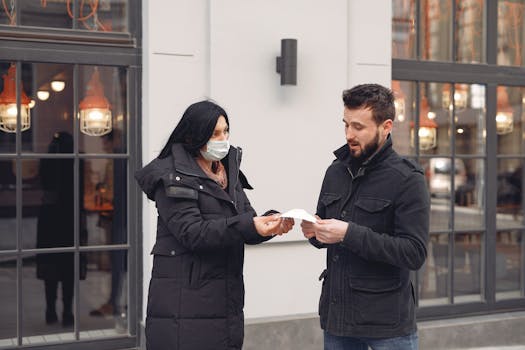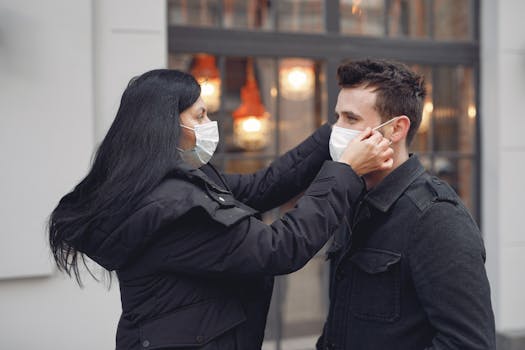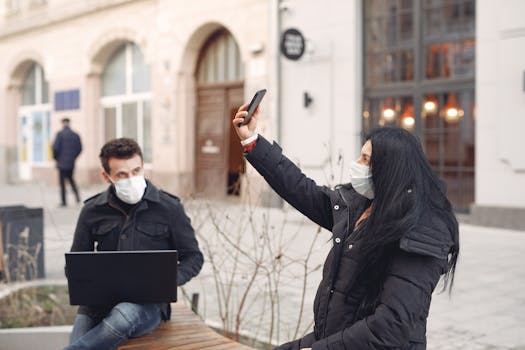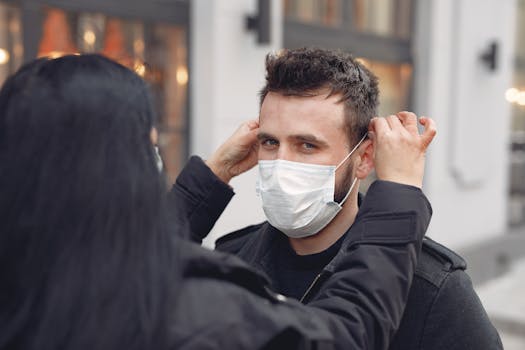
Takeaways

Introduction
As the seasons change, many of us find ourselves battling respiratory illnesses like the common cold and the flu. Although they share some similarities, understanding the differences between these two can help you take the right steps for treatment and prevention. In this article, we’ll delve into the symptoms, treatment options, and preventive measures for both the common cold and the flu.
Symptoms of Common Cold vs. Flu

Common Cold Symptoms
- Runny or stuffy nose
- Sore throat
- Sneezing
- Mild headache
- Cough
- Fatigue
- Low-grade fever (sometimes)
The common cold is usually mild and tends to peak within two to three days, with symptoms improving gradually.
Flu Symptoms
- High fever (often above 100°F or 37.8°C)
- Severe aches and pains
- Chills and sweats
- Severe fatigue
- Dry cough
- Headaches
- Some gastrointestinal symptoms (in some cases)
The flu can cause more severe symptoms than the common cold and often comes on suddenly, leading to significant discomfort and disruption in daily activities.
Treatment Options

Treatment for Common Cold
Since the common cold is caused by viruses, antibiotics are ineffective. Treatment typically focuses on relieving symptoms:
- Rest: Allow your body to recover.
- Hydration: Drink plenty of fluids, such as water, herbal teas, and clear broths.
- Over-the-counter medications: Use decongestants, antihistamines, or cough syrups for relief.
- Warm saltwater gargles: Soothes a sore throat.
Treatment for Flu
The flu may require more intensive treatment due to its severity:
- Antiviral medications: Prescription drugs like oseltamivir (Tamiflu) can reduce the duration and severity of flu symptoms.
- Rest and hydration: Similar to treating a cold, rest and fluids are crucial.
- Over-the-counter medications: Pain relievers like ibuprofen or acetaminophen can help reduce fever and aches.
- Seek medical attention: If symptoms worsen or complications arise, consult a healthcare provider.
Prevention Strategies

Preventing the Common Cold
- Wash your hands frequently with soap and water.
- Avoid close contact with sick individuals.
- Maintain a healthy lifestyle: Eat a balanced diet, exercise regularly, and get enough sleep.
Preventing the Flu
- Get vaccinated: The flu vaccine is the most effective way to prevent the flu.
- Practice good hygiene: Handwashing and avoiding touching your face can help.
- Stay home when sick: Reduces the spread of illness in the community.
Conclusion

FAQs
1. Can I catch a cold or flu from being outside in cold weather?

2. How long do cold and flu symptoms usually last?
Common cold symptoms typically last about 7-10 days, while flu symptoms can last from a few days to two weeks, depending on the individual and the severity of the illness.
3. Is it necessary to see a doctor for a cold?
Most colds can be managed at home. However, if symptoms worsen or you have underlying health conditions, it’s advisable to consult a healthcare professional.
4. Can I get the flu more than once in a season?
Yes, it is possible to get the flu more than once in a season, especially if different strains of the virus are circulating.
5. What are the best ways to boost my immune system?
Eating a balanced diet, exercising regularly, managing stress, getting enough sleep, and staying hydrated are all effective ways to help boost your immune system.


